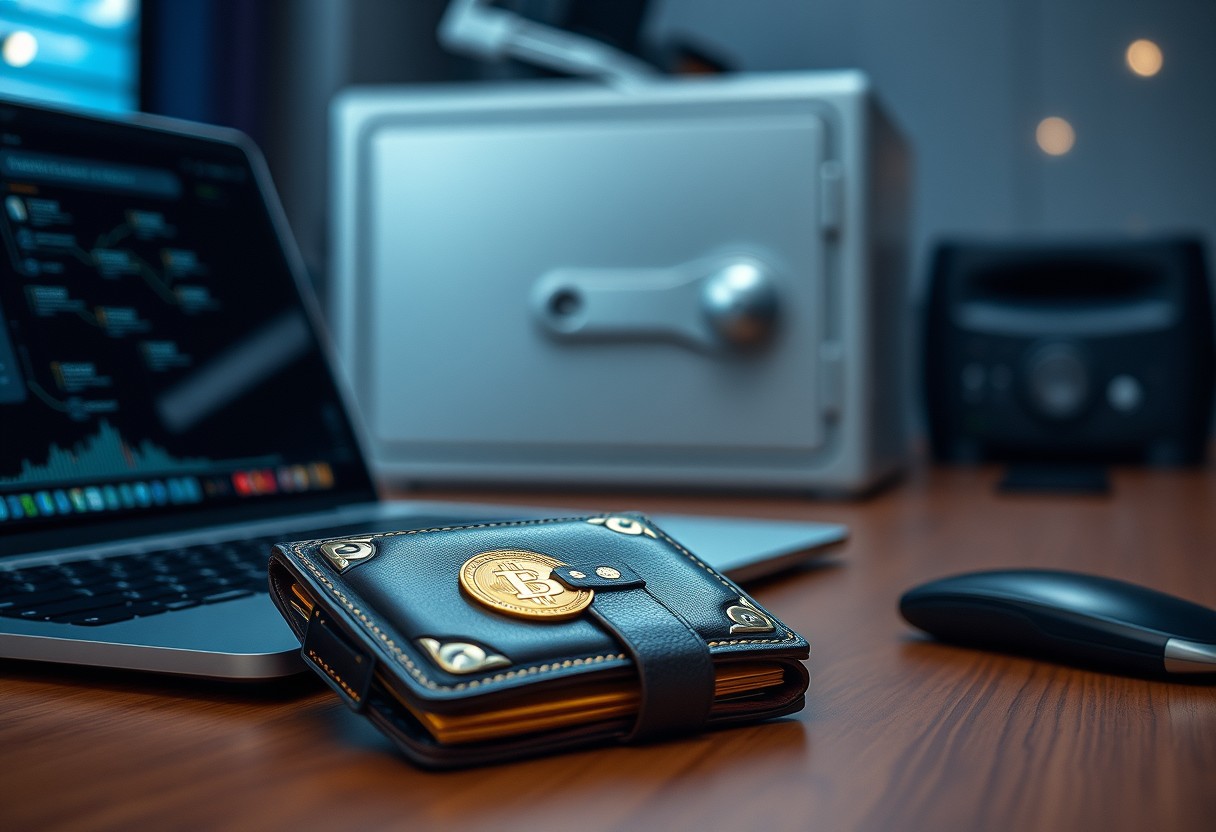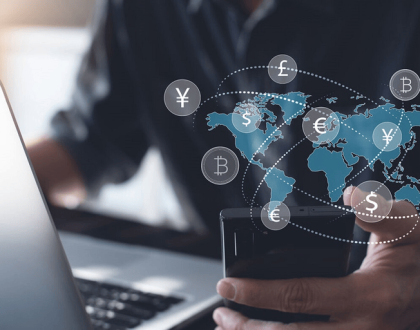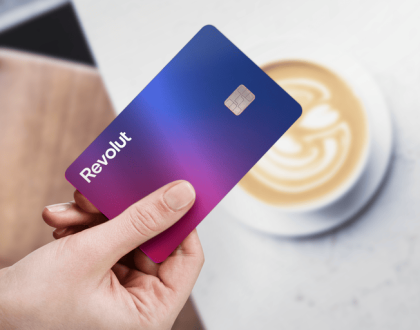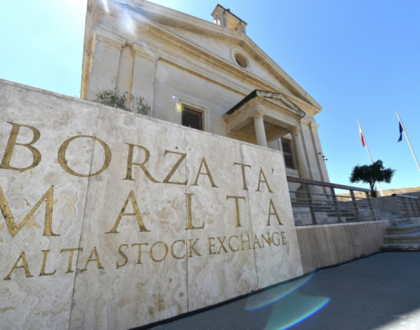Crypto Wallets – Convenient or a Security Nightmare?

With the growing popularity of cryptocurrencies, I often find myself contemplating the balance between convenience and security when it comes to crypto wallets. As you investigate into the world of digital currencies, it's necessary to understand the myriad of wallet options available, their functionalities, and the potential risks involved. In this post, I'll explore whether crypto wallets are a boon for effortless transactions or a potential security nightmare that could jeopardize your assets.
Understanding Crypto Wallets
A crypto wallet is an necessary tool for anyone looking to manage their digital assets securely. It functions as the interface between you and the blockchain, allowing you to send, receive, and store cryptocurrencies. Understanding how these wallets work is crucial in navigating the evolving landscape of digital currencies and ensuring your assets remain safe.
What is a Crypto Wallet?
Understanding a crypto wallet means recognizing that it is not a physical wallet but rather software that stores your public and private keys. These keys are what you need to access your digital currencies, making wallet security paramount. Without a wallet, you cannot interact with cryptocurrencies, underscoring their importance in the crypto ecosystem.
Types of Crypto Wallets
One of the first things I learned about crypto wallets is that there are several types, each with unique features and security levels. Here's a quick overview:
| Type | Description |
|---|---|
| Hot Wallets | Online wallets connected to the internet, providing easy access for transactions. |
| Cold Wallets | Offline wallets, often hardware-based, offering enhanced security against hacks. |
| Desktop Wallets | Software installed on your computer, providing control over your private keys. |
| Mobile Wallets | Apps on your smartphone, allowing you to carry your crypto with you. |
| Paper Wallets | A physical printout of your keys, ensuring no digital exposure. |
Understanding the different types of wallets is vital for your crypto strategy. Each type serves a distinct purpose, and the choice often depends on your needs:
- Hot wallets are great for frequent traders.
- Cold wallets are ideal for long-term storage.
- Desktop wallets offer a balance of convenience and control.
- Mobile wallets provide on-the-go access.
- Paper wallets add a layer of physical security.
The right wallet can enhance my ability to use cryptocurrencies securely and efficiently, making it an necessary aspect of your crypto journey.
Security Features of Crypto Wallets
It's crucial to understand the various security features of crypto wallets, as these can significantly impact the safety of your digital assets. From encryption methods to backup options, wallets today offer diverse solutions aimed at keeping your cryptocurrencies secure. By choosing the right wallet with robust security features, you can minimize risks associated with hacking and theft.
Private Keys and Seed Phrases
Any cryptocurrency user must recognize the importance of private keys and seed phrases in maintaining security. Your private key grants access to your funds, while the seed phrase acts as a backup, allowing you to restore your wallet in case of loss. Keeping these safe and private is crucial, as anyone with access to them can control your assets.
Multi-Signature Options
The inclusion of multi-signature options creates an added layer of security for your crypto transactions. This feature requires multiple private keys to authorize a transaction, reducing the risk that a single compromised key could lead to asset loss. Multi-signature wallets are particularly beneficial for organizations or users managing substantial funds, ensuring that no single individual has complete control over the wallet.
Seed phrases play a crucial role in the functionality of multi-signature setups. By distributing control among multiple parties, you can ensure that transactions require agreement from various stakeholders, making unauthorized access exceedingly difficult. This collaborative approach not only enhances security but also fosters transparency, as stakeholders can monitor transactions collectively, ensuring accountability. In essence, multi-signature options empower you to manage risk more effectively while still enjoying the convenience of crypto transactions.
Risks and Vulnerabilities
One of the most pressing concerns surrounding crypto wallets is the inherent risks and vulnerabilities that can expose your assets to theft or loss. As digital assets are often the target of malicious actors, understanding these vulnerabilities is crucial for safeguarding your investments. I believe that being aware of potential risks can empower you to take proactive measures to protect your crypto holdings.
Common Threats to Crypto Wallets
Crypto wallets face a variety of threats, including phishing attacks, malware, and network vulnerabilities. These methods allow attackers to gain unauthorized access to your wallet and potentially drain your assets. It's vital for you to stay informed about these threats in order to employ effective security measures.
Human Errors and Security Breaches
Wallets are often compromised not just by technical failures, but also by human errors and oversights. Simple mistakes like losing your recovery phrase or using weak passwords can lead to significant setbacks in your crypto journey.
It is vital to recognize that human errors contribute significantly to security breaches. For instance, many users underestimate the importance of proper password management or neglect to enable two-factor authentication. Once your credentials are in the hands of a malicious actor, restoring access to your crypto becomes immensely challenging, if not impossible. Ensuring that you follow best practices, such as regularly updating passwords and safely storing recovery phrases, can dramatically reduce the risks associated with human error.
Best Practices for Securing Crypto Wallets
For anyone venturing into the world of cryptocurrency, securing your wallet is paramount. Implementing best practices like enabling two-factor authentication, using strong passwords, and keeping your private keys offline can greatly reduce the risk of breaches. Additionally, regularly updating your wallet software and being vigilant about phishing scams will help safeguard your funds. Bear in mind, your security practices are only as strong as the most vulnerable point in your setup, so stay informed and cautious.
Choosing the Right Wallet
Wallets come in various forms, including hardware, software, and paper wallets, each with distinct advantages and disadvantages. I recommend assessing your needs, such as how often you plan to trade versus how much you want to store long-term. For higher security, hardware wallets are typically the best choice, while software wallets are more convenient for frequent transactions. Whichever option you choose, ensure you thoroughly research its security features to protect your assets effectively.
Regular Security Audits
Best practices don't stop at setup; ongoing vigilance is crucial. Performing regular security audits on your crypto wallets helps to identify vulnerabilities and mitigate risks. You should periodically review your wallet configurations, learn about emerging security threats, and assess your overall online behavior. An audit can help you adapt your strategies as the landscape of cryptocurrency continues to evolve.
Crypto wallets, like all technology, require regular attention to maintain their integrity. I recommend setting a schedule to evaluate the status of your wallets every few months. In adding or updating security measures, make sure that the wallet software is up-to-date and that you are aware of any recent vulnerabilities. Furthermore, consider reviewing your backup and recovery procedures, ensuring you can swiftly regain access if needed. By staying proactive, you ensure that your digital assets remain safe from evolving threats.
The Future of Crypto Wallets
Despite the ongoing debates about security and convenience, I believe that the future of crypto wallets is poised for transformative advancements. As technology evolves, we can anticipate solutions that will enhance both security measures and user experience, making it easier for individuals to manage their digital assets securely. With innovations in biometric authentication and multi-signature support, I see an increasingly secure and user-friendly environment for crypto enthusiasts.
Trends in Wallet Technology
One significant trend I've observed is the shift towards non-custodial wallets, which empower users by giving them complete control over their private keys. This approach provides enhanced security and customization, appealing to those who prioritize ownership of their digital assets. Additionally, the integration of DeFi functionalities into wallets is revolutionizing how I, and many others, interact with financial services in the crypto space, streamlining transactions and enhancing usability.
Regulations and Compliance
To navigate the evolving landscape of crypto wallets, it's crucial to pay attention to regulations and compliance. As governments worldwide tighten regulations surrounding cryptocurrency, I find that adhering to legal frameworks is necessary for any wallet provider aiming to maintain trust with its users.
Regulations are not merely a hurdle; they are a necessary framework that can foster growth and innovation in the crypto wallet space. I understand that compliance can ensure consumer protection, reduce fraud, and enhance security, ultimately encouraging wider adoption of cryptocurrencies. In the future, I anticipate that regulatory bodies will continue to refine their approaches, and wallet providers will have to adapt their strategies accordingly to remain compliant while serving their users effectively. Keeping abreast of these changes is crucial for anyone looking to navigate the crypto landscape responsibly.
Final Words
Drawing together my insights on crypto wallets, I recognize that while they offer unparalleled convenience for managing your digital assets, the potential for security breaches cannot be ignored. I encourage you to weigh the pros and cons carefully, ensuring you implement best practices to safeguard your investments. Whether you choose a hot or cold wallet, your diligence and awareness will be key in navigating this complex landscape. Be mindful of, it's not just about having access to your funds—it's also about protecting them.
FAQs
What is a crypto wallet?
A crypto wallet is software that stores your public and private keys, enabling you to send, receive, and store cryptocurrencies securely.
What are the different types of crypto wallets?
The main types include hot wallets (online), cold wallets (offline), desktop wallets, mobile wallets, and paper wallets, each offering different features and levels of security.
How important are private keys and seed phrases for crypto wallets?
Private keys and seed phrases are crucial for wallet security. The private key provides access to your funds, while the seed phrase helps restore your wallet if needed.
What are the risks associated with crypto wallets?
Common risks include phishing attacks, malware, and human errors. Ensuring strong security practices can help mitigate these threats.
How can I choose the right crypto wallet for my needs?
Consider factors like how frequently you trade and the level of security you need. Hardware wallets are best for long-term storage, while software wallets offer convenience for regular transactions.
Recommended Posts

Malta’s economy records €406.5m surplus in Q2
October 1, 2024

Maltese Firms Boost Revolut’s B2B Growth
September 30, 2024

The Issuance of Malta Government Stocks
September 27, 2024




